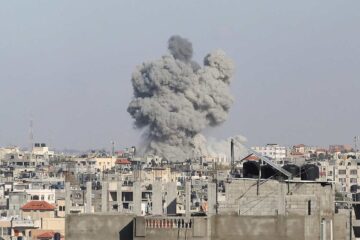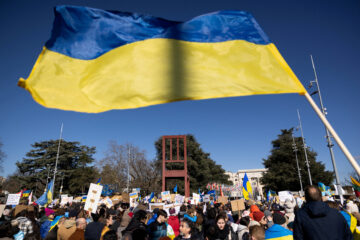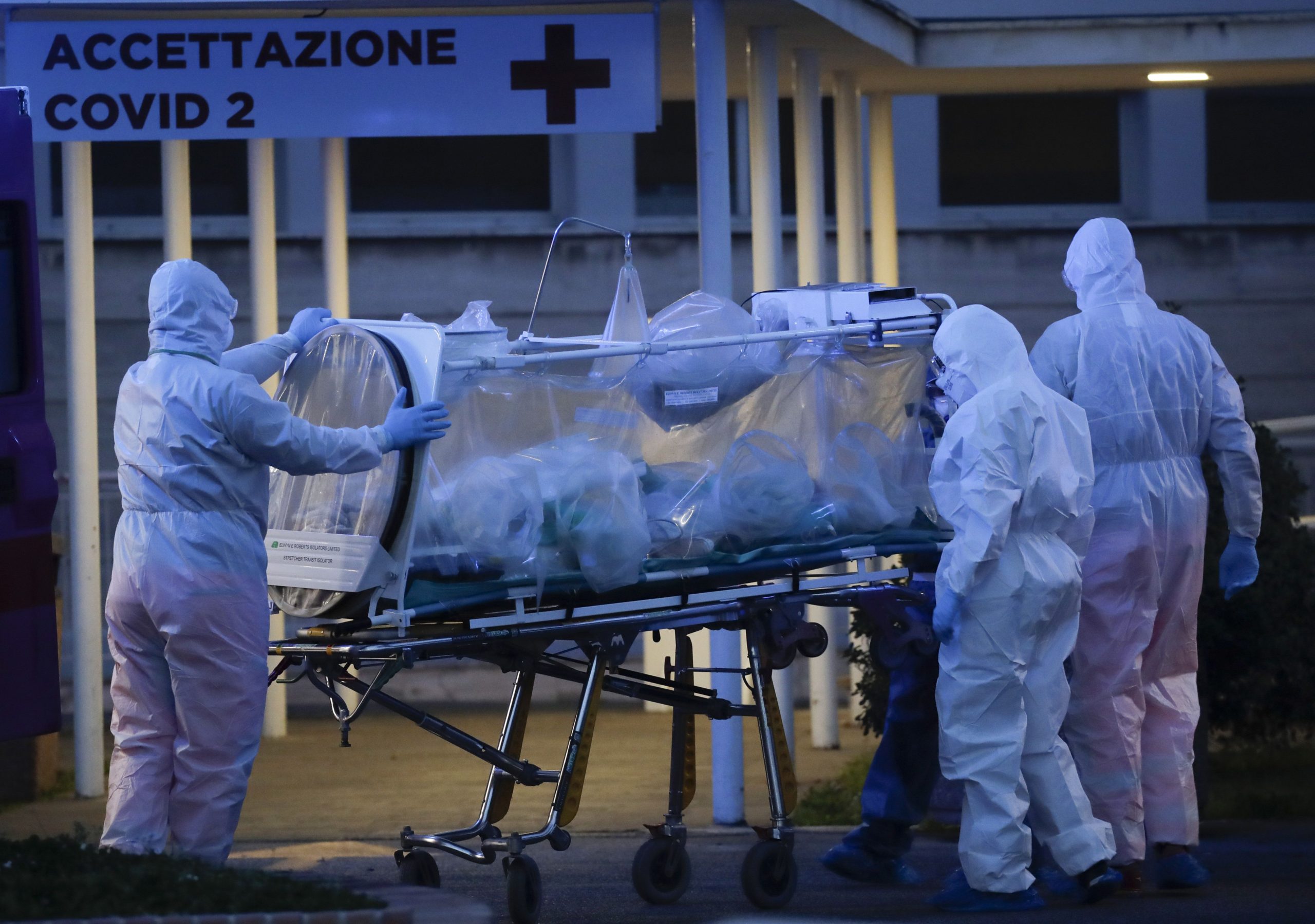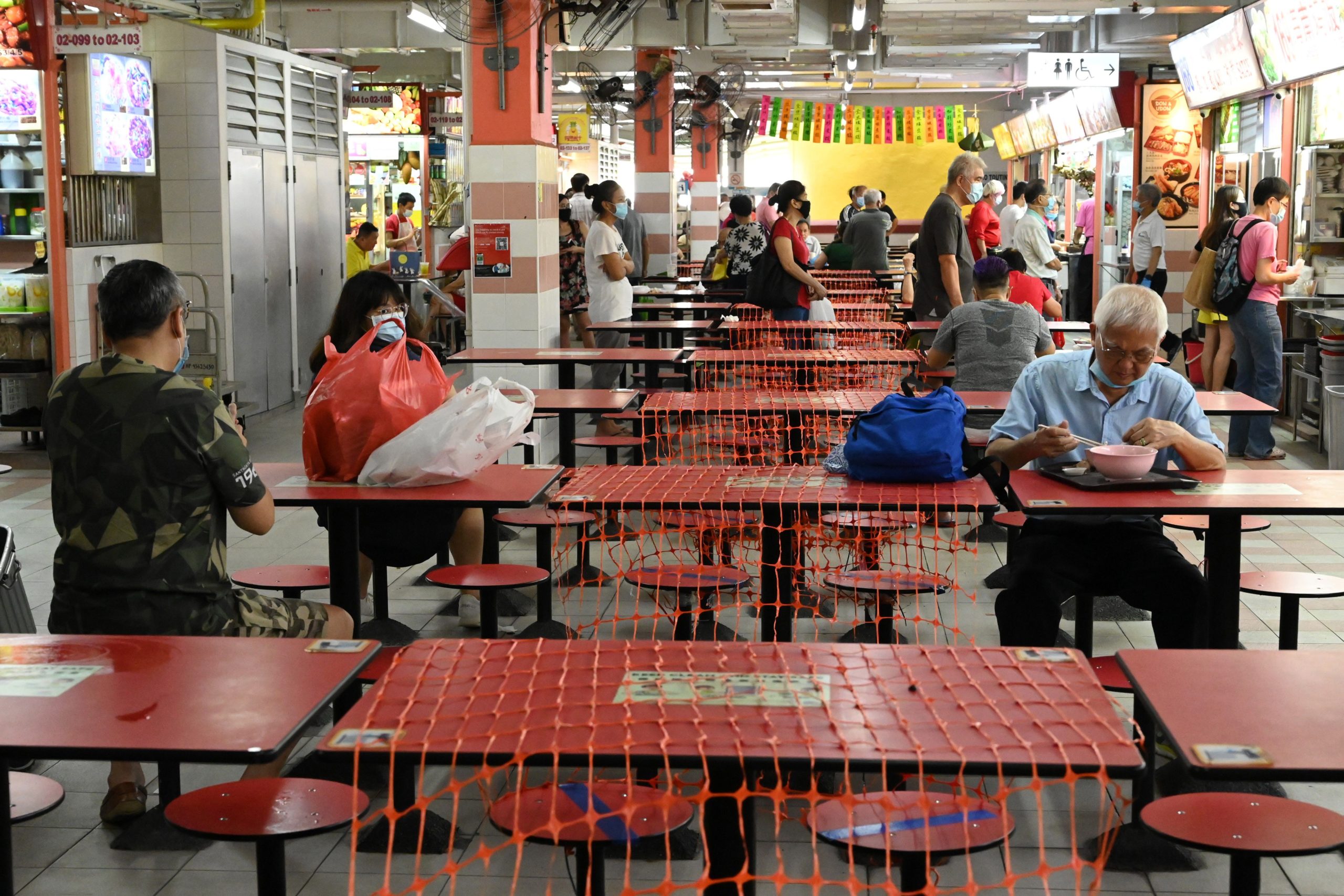North Korea may be restarting plutonium reactor
North Korea may have restarted a nuclear reactor capable of producing enough plutonium to make one atomic bomb every year, a U.S. research institute said.
The colour and volume of the steam indicated that the reactor was in or nearing operation, the institute said.
The reactor can produce plutonium, which North Korea could use to make nuclear weapons.
The U.S.-Korea Institute at Johns Hopkins University based its conclusion on recent satellite photos that appear to show white steam emerging from a building near the reactor at the North\’s main Yongbyon nuclear complex.
The reactor was shut down in 2007 under an aid-for-disarmament deal. Pyongyang vowed to restart facilities at its main Yongbyon nuclear complex in April, amid high regional tensions.
The institute\’s researchers say the color and the volume of the white steam seen emerging from the building in the August 31 commercial satellite photos suggest the reactor has been put back into operation.
There is no way to confirm that conclusion, since outsiders do not have access to the secretive facility. South Korean officials say they are still working to find out if the reactor has been restarted.
The plutonium reactor is capable of producing about six kilograms of plutonium per year. That would be enough to make one or two nuclear bombs. Experts believe North Korea already has enough plutonium to make up to a dozen bombs.
But many experts say it could take several years of fully resumed operations for the nuclear reactor to get to the point where it can make plutonium that could be used in such weapons. It can also be used to produce electricity.
North Korea is also believed to be pursuing a second, and potentially easier, method of producing nuclear weapons, using uranium, though it is not clear whether it has produced enough to make a bomb.
Pyongyang conducted its third nuclear test in February. The United Nations responded by expanding sanctions against the North, which proceeded to launch weeks of angry threats of war against the United States and South Korea.
North Korea has since reduced its war-like rhetoric and even suggested it is open to resuming six-party nuclear talks that it abandoned in 2009. The U.S., however, has said it will not resume the talks unless Pyongyang shows it is willing to abandon its nuclear weapons.
The development comes as the top U.S. envoy on North Korea, Glyn Davies, visits Northeast Asia. Davies said Tuesday in Seoul that Washington remains open to diplomacy, but that North Korea must first be open to "fulfilling its obligations" under U.N. sanctions.
Source: Agencies
[do_widget_area inner_adsbar]











